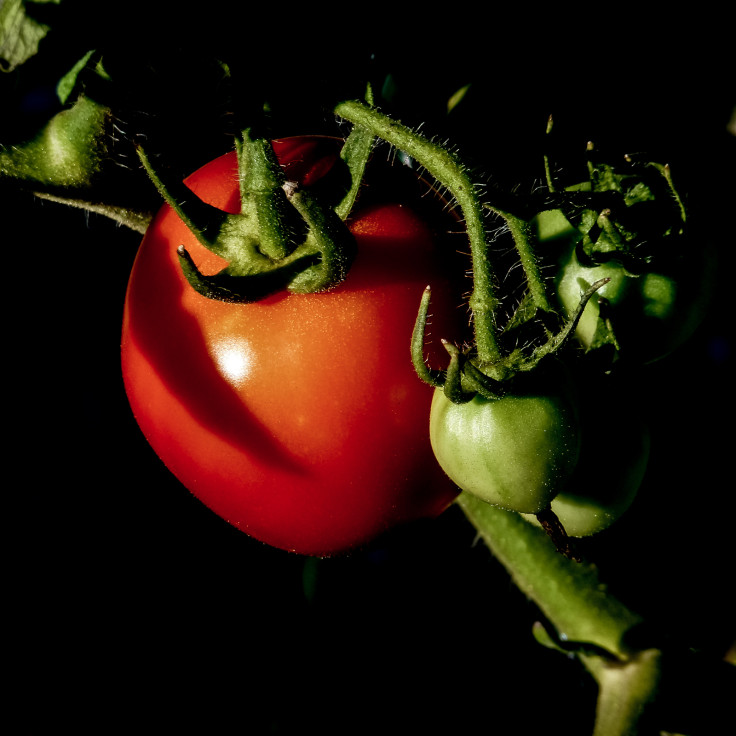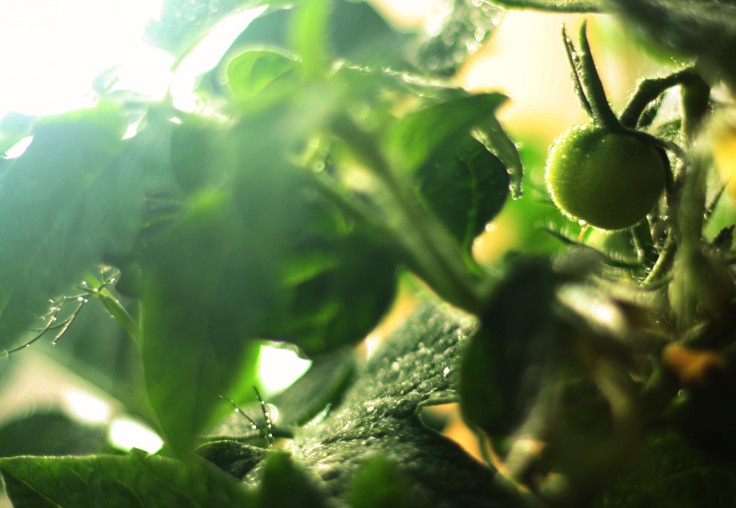How the tomato plant turns its predators into cannibals
'At the end of the day, somebody gets eaten.'

It might look tasty and harmless, but the tomato plant has a few macabre tricks to stop itself being eaten.
Caterpillars are not fussy eaters. They can eat the leaves of plants or turn on each other when food runs out. Tomato plants can switch on this cannibalistic instinct in caterpillars by making their leaves taste foul, finds a study in Nature Ecology & Evolution.
"It often starts with one caterpillar biting another one in the rear, which then oozes. And it goes downhill from there," said study author John Orrock of the University of Wisconsin-Madison in a statement. "At the end of the day, somebody gets eaten."
One of the chemicals that tomato plants release to deter predators is methyl jasmonate. They release the compound when their tissues are damaged. The compound can also travel on the breeze to nearby plants as a warning, to encourage them to boost their own production of methyl jasmonate.
Caterpillars hate methyl jasmonate. When Orrock sprayed plants with the compound, beet armyworm caterpillars placed on those plants turned to cannibalism much more quickly than on plants that hadn't been sprayed.
This is a double-victory for the tomato plant.
"Cannibals not only benefit the plant by eating herbivores, but cannibals also don't have as much appetite for plant material, presumably because they're already full from eating other caterpillars," said Orrock.
Armyworms are a major crop pest worldwide. They can devastate harvests, earning them their name – they can 'march' through a field with incredible speed. The grubs caused a widespread damage after fall armyworms were transmitted to Africa in early 2016. Harvests were first affected in Zambia, South Africa, Malawi and Zimbabwe, later spreading to 20 African countries.

The next steps in Orrock's research are to see how these altered rates of cannibalism among caterpillars affect the spread of insect pathogens. The team also plans to test what happens when caterpillars are free to roam over several plants, rather than being confined to one as they were in this experiment.
"We may need to give plants a little more credit," Orrock said. "Instead of being wallflowers who sit and wait for life to happen, plants respond to their environment with potent defences."

© Copyright IBTimes 2025. All rights reserved.






















